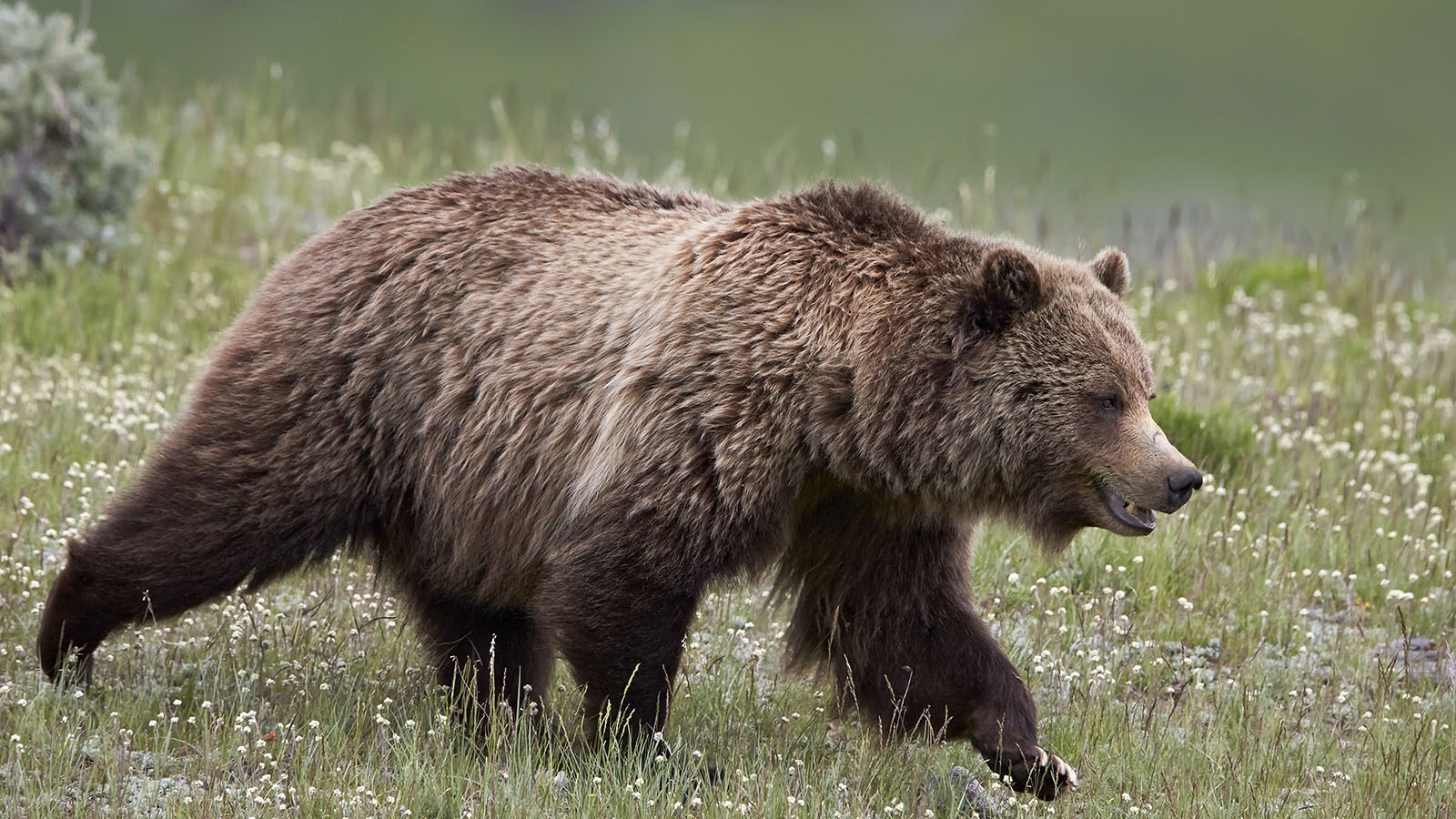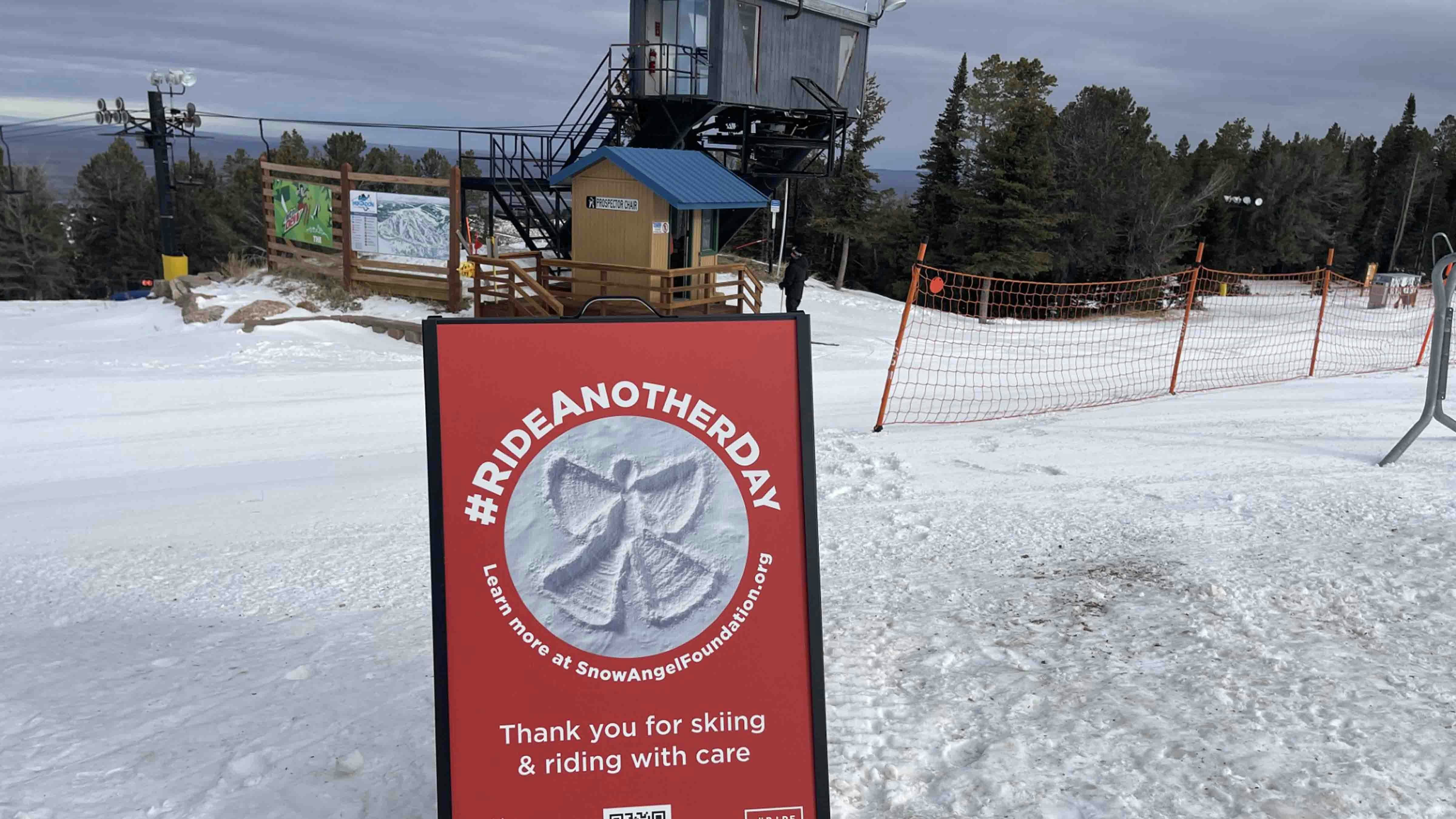There’s no shortage of controversy over grizzly bears in Wyoming and neighboring states, but still no reason doubt that the latest plan to delist them from endangered species protection will go through, a retired U.S. Department of the Interior official said.
Despite the political and legal squabbling, it should come down to what the wildlife biologists working for the U.S. Fish and Wildlife Service (USFWS) have to say, Rob Wallace told Cowboy State Daily on Wednesday.
Wallace, who lives in northwest Wyoming, retired in 2021 as assistant U.S. secretary of the Interior for Fish, Wildlife and Parks.
“I just assume that they (USFWS) are going to run it out to the end of that 12-month period,” so there’s no reason to think the delisting will be derailed, Wallace said.
He was refereeing to a year-long review period that USFWS agreed to as part of a deal struck in February between the agency and Gov. Mark Gordon’s office.
That means that by February 2024, or shorty thereafter, the grizzlies could be delisted.
Grizzlies have been under endangered species protection in Wyoming and across the region since the 1970s, when only a scant few were left. The population in the Greater Yellowstone Ecosystem has since grown to more than 1,000 bears, but previous efforts to have them delisted failed.
Things Get Political
In February, Gordon’s office announced a breakthrough in its latest petition to the USFWS, the agency Wallace oversaw, to delist grizzlies in the Greater Yellowstone Ecosystem. That includes Yellowstone National Park and the adjacent wildlands in Wyoming, Montana and Idaho.
The USFWS agreed to open a yearlong status review and comment period, after which the grizzlies could be delisted, according to Gordon’s office.
Requests for comment from Gordon’s office Wednesday weren’t answered by publication time.
Following Gordon’s announcement, Wyoming’s Congressional delegation jumped on the delisting train, announcing legislation in both the U.S. House and Senate to delist the grizzlies.
During a hearing in March before the U.S. House Water, Wildlife and Fisheries Subcommittee, Wyoming Game and Fish Department Director Brian Nesvik testified that he thinks it’s way past time for delisting.
That subcommittee includes Rep. Harriet Hageman, R-Wyoming, who also spoke in favor of delisting during the hearing.
Rep. Matt Rosendale, R-Montana, likewise told the subcommittee that he was backing legislation calling for the delisting of grizzlies in his state.
Amid Divided Opinions, Idaho Threatens To Sue Feds
During the hearing, USFWS grizzly bear biologist Chris Servheen told the subcommittee that although he had been an advocate of delisting, he’s since changed his mind. He no longer thinks states can be trusted to properly manage the bears.
He later told Cowboy State Daily that poor predator management in Montana and Idaho could cast doubt on the grizzly delisting efforts.
Another wrinkle was thrown in earlier this month when the state of Idaho announced its intent to sue the USWFS over the Biden administration not delisting grizzlies.
“Idaho’s entire congressional delegation and the state of Idaho are lockstep in efforts to delist grizzly bears,” Gov. Brad Little says in a statement. “Idaho has continually demonstrated leadership in species management, and we have never hesitated to push back on the federal government’s overreaching actions that greatly impact a variety of activities on the ground in our state.”
Deal Is Still On, Wallace Says
While political tensions might continue to boil, Wallace said he still thinks the wildlife biologists at the heart of the matter will have the final say, and will favor delisting.
“When I was there (the Department of Interior), all of the professionals I worked with said the grizzly bear population has reached the point where it’s ready for delisting, and I hope that sentiment is still there,” he said.
It’s a sentiment Wallace said he shares.
“The (Endangered Species) Act worked, the bear population has fully recovered, as intended,” he said. “We’ve got a healthy, biologically recovered grizzly bear population, which is what the goal was.”
Mark Heinz can be reached at Mark@CowboyStateDaily.com





